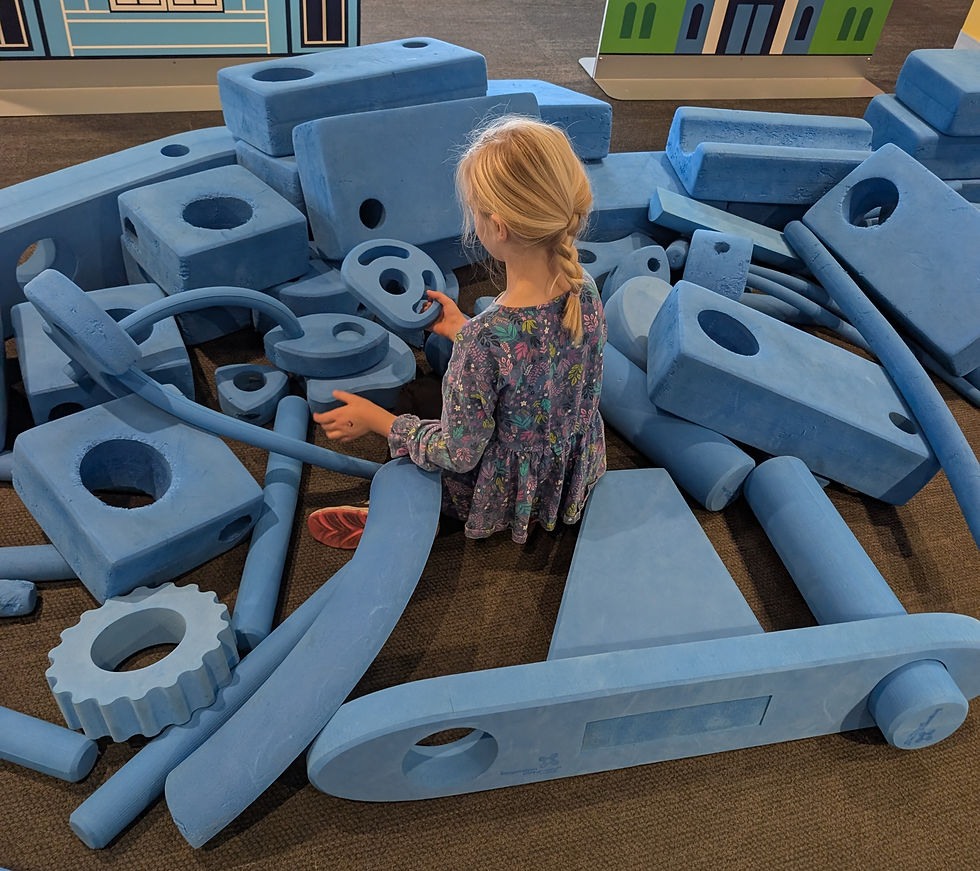Hard Truths About Supporting Your Child with Math (That You Might Not Want to Hear)
- Math Happiness Project
- Jul 18, 2025
- 3 min read
Updated: Nov 12, 2025

If you’re trying to support your child with math at home, there are a few things you might not want to hear—but need to. These aren’t meant to shame or blame, but to shift the way we think about math learning. Because the truth is, supporting your child with math often means unlearning some of what we were taught growing up.
Let’s get into it.
1. Why Supporting Your Child with Math Starts with How You Talk About It
It’s completely okay if you don’t love math. Many adults don’t. But what isn't okay is letting that discomfort shape what your child believes about themselves.
Research has shown that when parents express negative feelings about math—especially things like “I’ve never been good at this,” it can lower their child’s achievement in math (Eccles & Jacob, 1986). That mindset is contagious.
✅ “This is tricky, but I’m trying to figure it out.”
Instead of reinforcing the idea that math ability is something you're born with (or not), model a growth mindset: that math is something we can learn over time, even when it feels challenging.
2. “New Math” Isn’t the Problem
We get it—math today looks different than it did when we were growing up. But the shift isn’t random. It’s purposeful.
Older methods often focused on copying steps and memorizing rules. The newer approach prioritizes understanding, flexibility, and number sense. The goal is for kids to truly understand what they’re doing, not just how to follow a procedure.
So if you’ve ever said, “Why don’t they just teach it the way we learned it?”—well, it’s probably because that way didn’t work for most of us long-term. Remember how many adults say they aren’t good at math? That’s not a sign of a system that worked well.
3. Just Because You Learned It That Way Doesn’t Mean It Was the Best Way
“I learned with flash cards and worksheets—and I turned out fine.”
But did you?
Be honest:
Do you still feel confident solving math problems?
Did you develop strong mental math strategies?
Do you enjoy math—or at least feel capable with it?
If you do, YES. We love it. You are one of the lucky ones. But we also know many adults don’t. And that tells us something important: the old way wasn’t working for a lot of people.
Supporting your child with math today means being open to new ways. We’ve actually worked with quite a few parents who were surprised to find themselves understanding math more now after learning it their child’s way than they ever did before.
4. Struggling With Math Facts? Flash Cards Aren’t the Fix
If your child doesn’t know their addition, subtraction, or multiplication facts, doing more timed drills or flash cards isn’t going to help.
Why? Because facts should come from understanding.
Instead, focus on teaching strategies—like making tens, using doubles, or breaking apart numbers. This builds number sense and gives kids tools to work through facts they don’t yet recall automatically.
Time pressure to recall can make math feel stressful and even scary. That’s the last thing we want when building confidence.
5. Workbooks Aren’t as Helpful as You Might Think
We’re not anti-workbook. They can be helpful for extra practice—but they aren’t a substitute for good teaching or meaningful math conversations. If your child is struggling with a concept, it’s unlikely a workbook is going to help. They need to be able to explore the concept and have conversations that support developing understanding, not just try to remember steps they don’t understand. If you’re unsure of how to facilitate this work, we’re for you.
We also know that when kids only see math as a worksheet to finish, they may start believing math is just a chore. Real math happens when kids are encouraged to explore, question, and make sense of numbers, not just fill in blanks.
So yes, you can keep the workbook if both you and your child like it—but balance it with hands-on activities, games, or real-world problem solving.
Final Thoughts: Supporting Your Child With Math Means Supporting Their Relationship With Math
If you want to help your child grow confident and capable in math, it starts with the messages you send: about math, about mistakes, and about learning.
That might mean reframing how you talk about your own experience.That might mean embracing methods that feel unfamiliar.That might mean letting go of the idea that faster equals better.
It’s not always easy, but it’s worth it. Because when we shift the way we think about math, we give our kids a better shot at loving it.
Want more ideas for supporting your child with math at home? Join our email list or check out our free resources designed to help families build math confidence, without the stress.




Comments